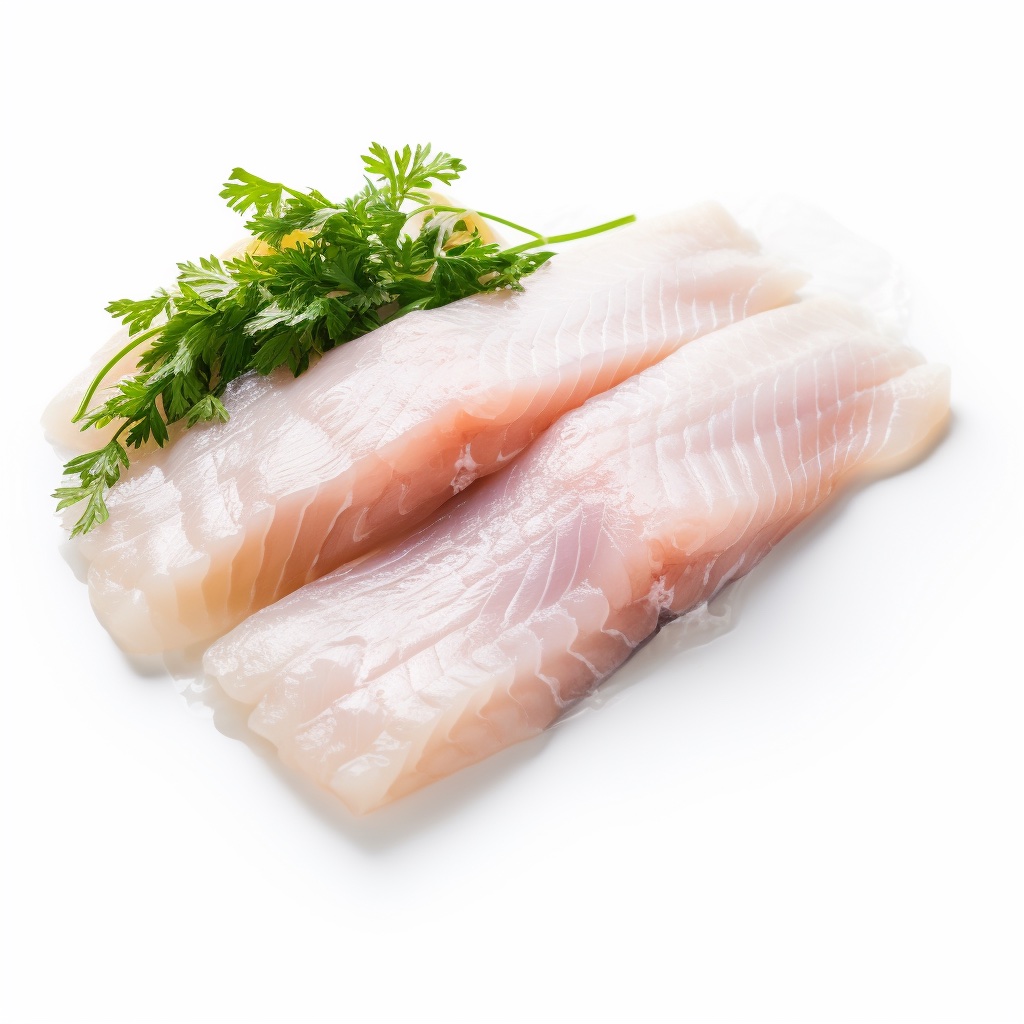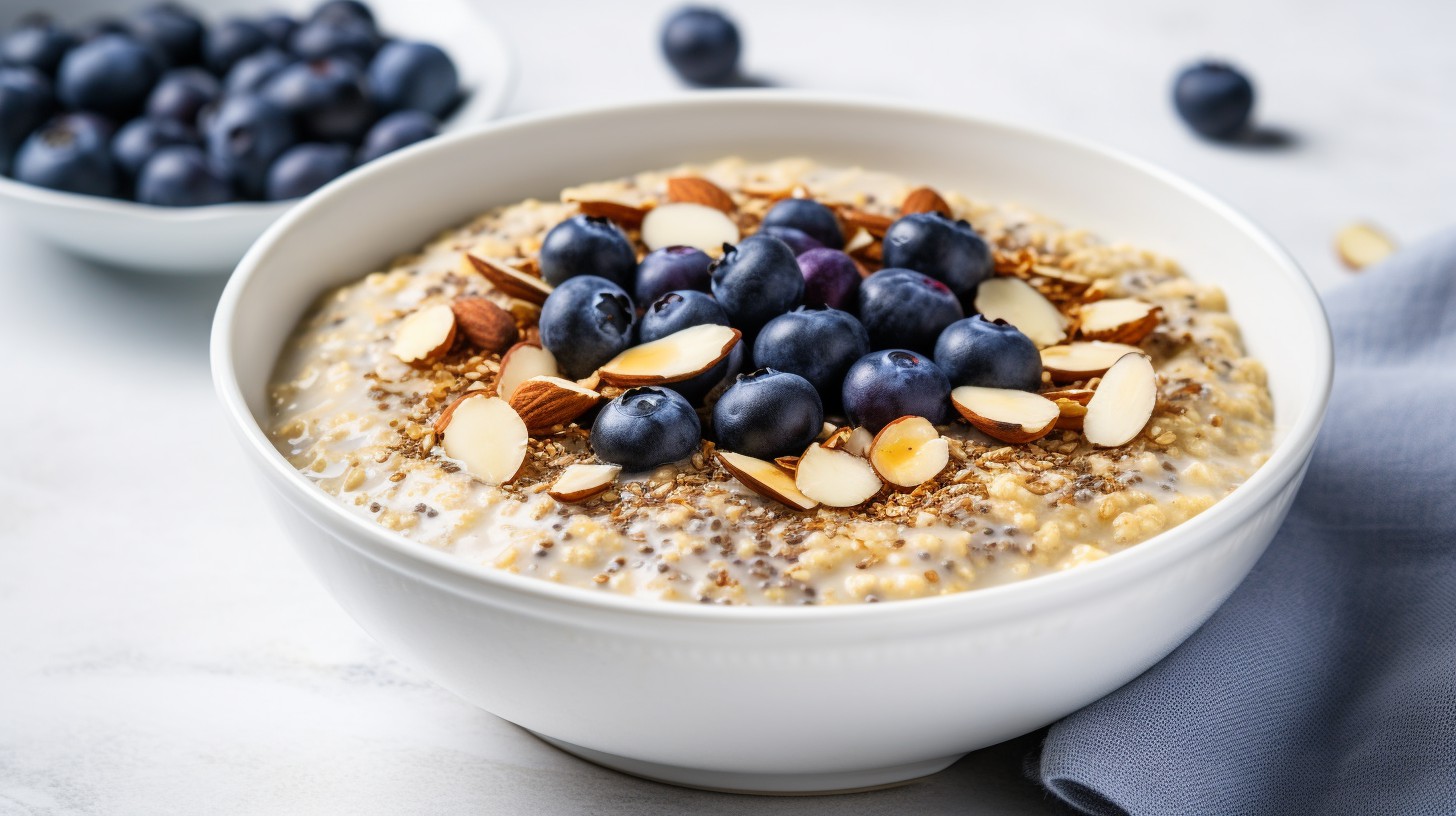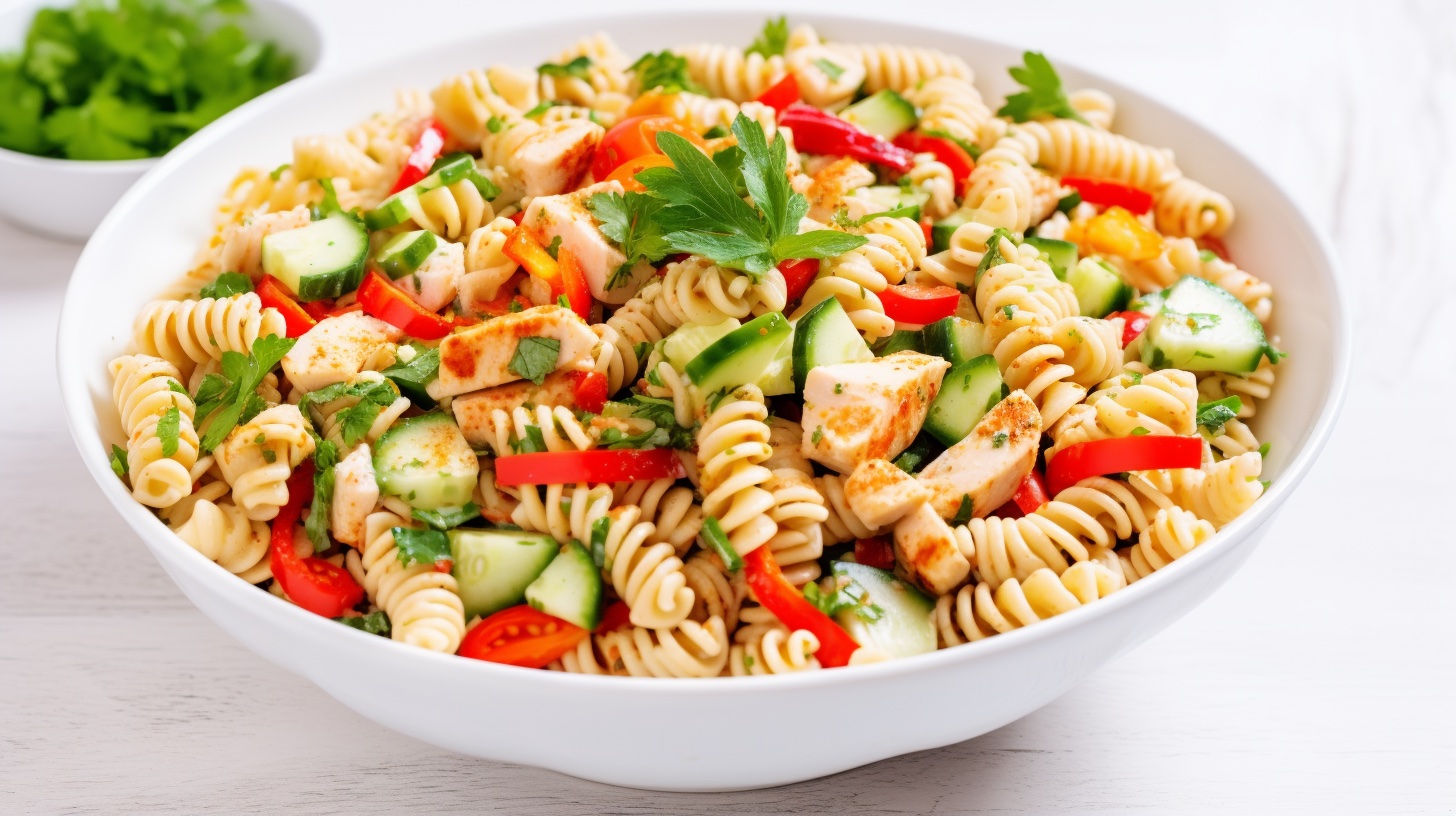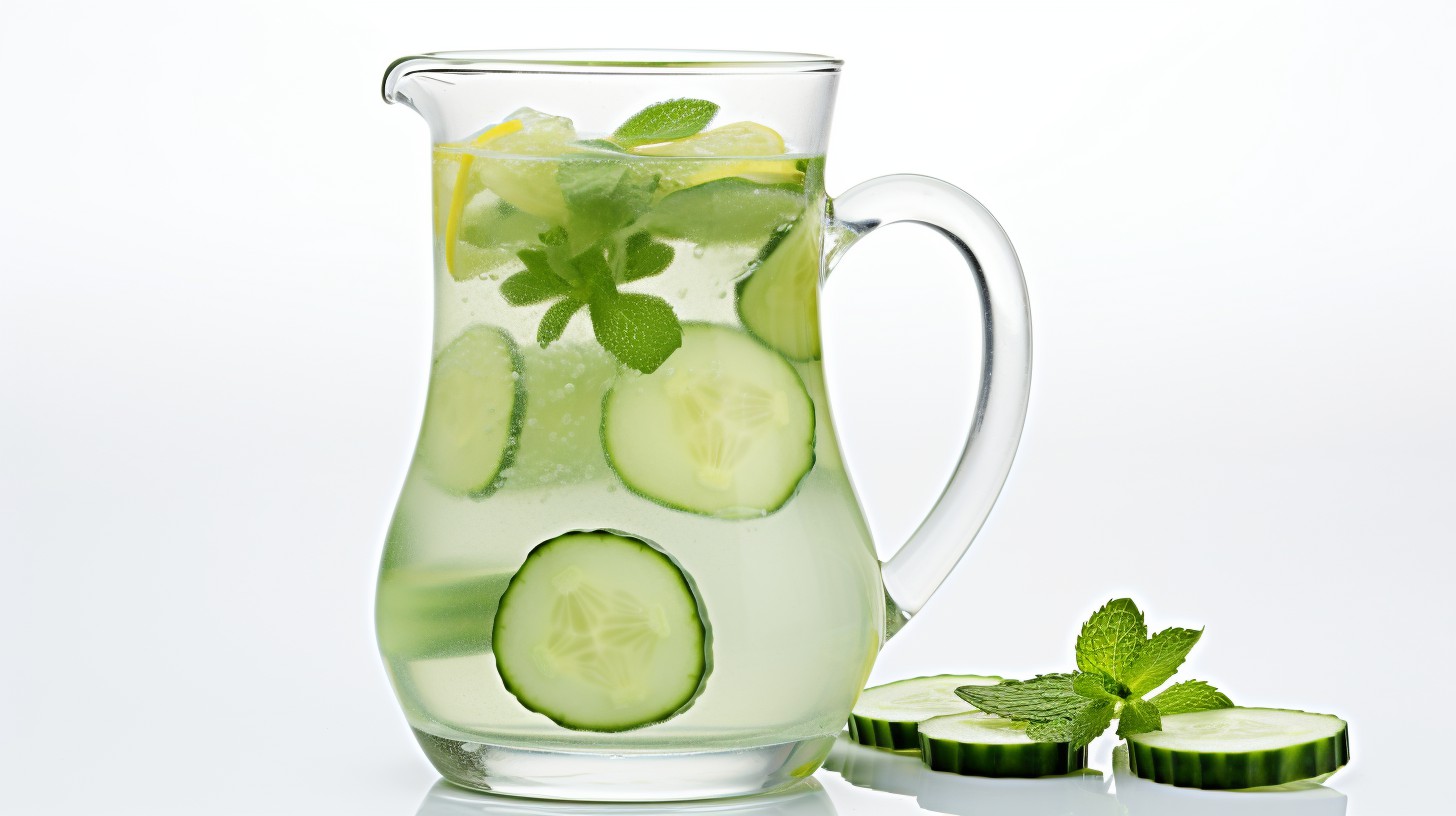Are Cod Fish High in Histamine?
Question
When managing histamine intolerance, it's essential to know which foods may potentially cause a histamine reaction. One such food item often queried is the cod fish. So, are cod fish high in histamine?
Histamine and Cod Fish: The Connection
Cod, known for its mild flavor and flaky texture, is classified as a low-histamine food when fresh. This means that it typically contains lower levels of histamine and is less likely to trigger symptoms in individuals with histamine intolerance. However, like any fish, if it is not handled or stored correctly, its histamine levels can rise significantly.

Cod Fish Products and Histamine Levels
When it comes to fish products, the histamine levels can vary greatly. Freshly caught and promptly refrigerated or frozen cod generally contains low levels of histamine. However, products such as salted cod or cod that has been smoked, fermented, or otherwise processed may have higher histamine levels due to the methods of processing and storage.
Dealing with Histamine Intolerance
Histamine intolerance is highly individual, and reactions to certain foods can vary from person to person. Some people may find they can tolerate cod fish without any problems, while others may have adverse reactions. Always consult with a healthcare provider or a registered dietitian to create a diet plan that aligns with your specific needs and tolerances.
Histamine-Low Alternatives
If you find that cod, or fish in general, triggers your histamine intolerance, there are other low-histamine protein sources to consider. Poultry like chicken or turkey, and other fresh meat like lamb or veal, are usually well-tolerated. As with any food, make sure these are fresh and stored properly to avoid an increase in histamine levels.
Final Thoughts
Understanding your histamine intolerance and the potential impact of foods like cod fish is crucial for managing your symptoms. The goal is to create a balanced, enjoyable diet that minimizes your histamine intake and optimizes your overall well-being. Always keep track of your personal reactions to different foods and adapt your diet accordingly.








